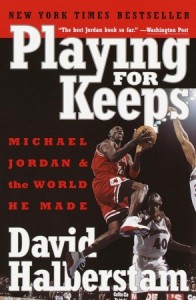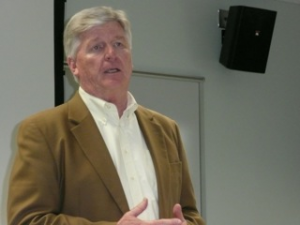Julie Ward was the assistant sports editor at USA Today from 1989-2007 and is a past president of an organization called A.W.E.S.O.M.E.
After
Women make up 51% of the American population, yet there are such an extremely low amount of women writers.
Why are there so few women in leadership positions?
There is a very small amount in the pool to begin with.
The day after the 2011 Super Bowl there were no women’s bylines in 22 pages of the USA Today newspaper!
A lot ofo women do not choose the sports writing profession because it is tough. If they do get into it, they will need to get out of it soon after.
- They carry a bigger burden. They must be the caregivers to their family.
- Hours are awful (work weekends, etc.)
- When men get into sports writing, there is a large amount of them who stay until the end until they move up to the highest position they can. Therefore, there is limited high positions for women.
There needs to be more diversity.
When she would go into a meeting at USA Today, the first question they would ask was, “How much diversity do we have on our staff?”
As her career continued, she would find that she was the only woman in the meeting and felt that she was only invited to the meeting to be the “token woman.”
Mary Garber, a legendary and credentialed sports writer in the 1950’s, was not allowed to be in the press box. Shocking.
There are probably more women covering the White House than men (or at least 50-50) and there may be more women covering the business side of reporting, but other than those there most likely isn’t anything else that women reporters are near the same amount as men.



